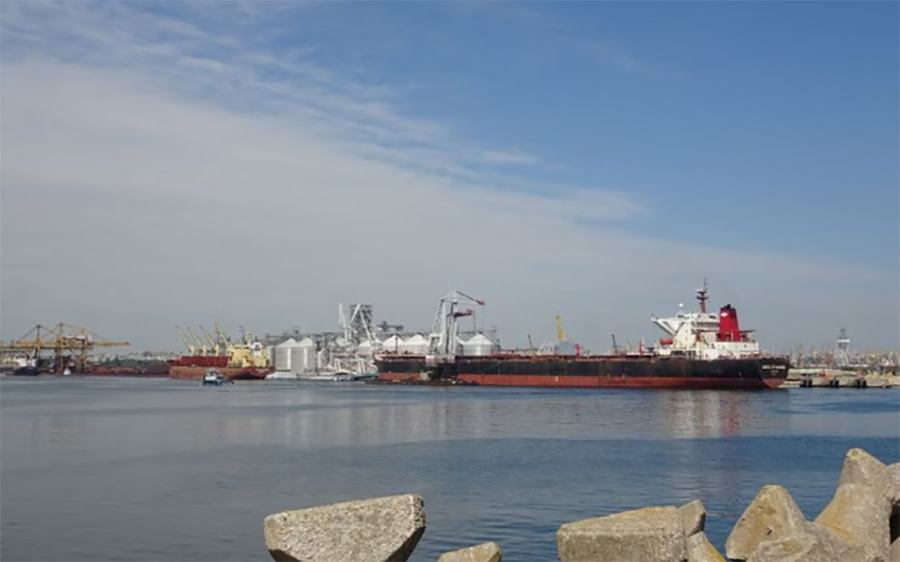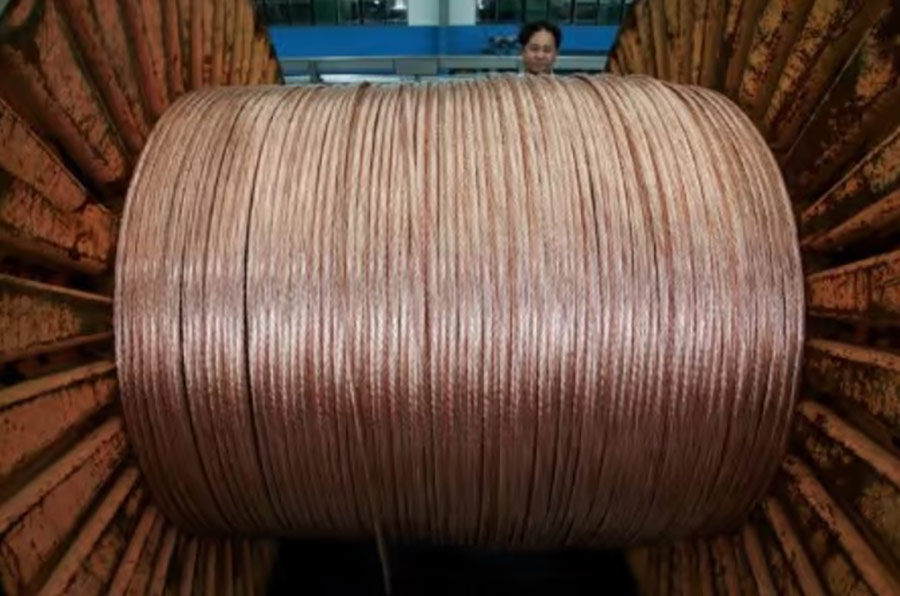Russia on Tuesday restated a demand for its state agricultural bank to be reconnected to the global SWIFT payments system to avert the collapse of the Black Sea grain deal, and said it would not accept a reported compromise proposal.
With 13 days remaining until the expiry of the deal, which has allowed Ukraine to export grain from its Black Sea ports despite Russia’s invasion, Moscow said there had been no progress on any of its key demands, including the banking issue.
The Financial Times reported on Monday that the European Union was considering a proposal to allow Russia’s Rosselkhozbank to set up a subsidiary that could connect to SWIFT.
But Russian Foreign Ministry spokeswoman Maria Zakharova dismissed the idea as “deliberately unworkable”, saying it would take many months to set up such a unit and another three months to connect to SWIFT.
She also rejected a UN attempt to create an alternative payment channel between Rosselkhozbank and US bank JP Morgan
“There is no real replacement for SWIFT, and cannot be,” Zakharova said in a statement.
Britain’s UN Ambassador Barbara Woodward said on Monday she was not confident the grain deal would be renewed.
“The UN is doing all it can and we will do all we can. We’ve already worked very closely with the City of London to enable a very complex payment system for grain in order to make it work and continue to get food on people’s tables,” she said.
Russia says the severing of the bank’s access to SWIFT is one of the obstacles facing its own exports of food and fertilizer, and that it cannot keep renewing the Black Sea deal unless those issues are addressed.
The stakes are high. The United Nations says the deal has so far allowed the export of more than 32 million metric tons of food from three Ukrainian Black Sea ports to 45 countries on three continents.
It describes the Black Sea grain deal and the efforts to facilitate Russian grain and fertilizer exports as “a lifeline for global food security”.
Any disruption or halt to such trade could aggravate a food crisis in the poorest countries and push global prices higher. Since March 2022, global food prices have dropped by 22 percent, according to the Food and Agriculture Organization.





